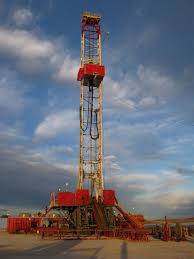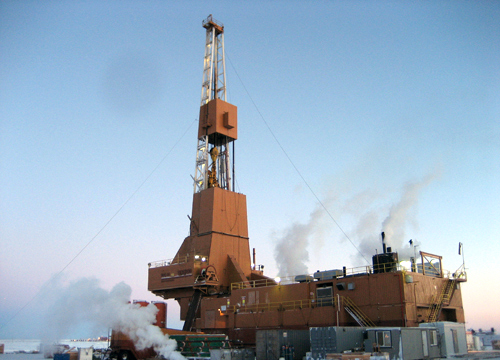
U.S. Rig Count Increases While Oklahoma Holds Steady
The nation’s oil and gas rig count grew this week, rising by two to a total of 550 rigs, according to the latest Baker Hughes Co. report. Oklahoma’s count remained steady at 42 rigs, one fewer than last year when the state had 43 active rigs.
National Rig Count Sees Modest Gain
Nationally, the increase came entirely from oil rigs. The number of active oil rigs climbed by two, reaching 420. Gas drilling rigs stayed unchanged at 121, and miscellaneous rigs also held at nine. The offshore rig count, however, saw notable growth, rising by four to a total of 21 rigs.
Even with this week’s increase, the U.S. total remains 35 rigs below the count from one year ago when it stood at 585. During the past year, oil rigs dropped by 60 while gas rigs added 20 and miscellaneous rigs grew by five.
Regional Rig Activity Varies
Texas, which leads the nation in drilling, saw its rig count fall by one, dropping to 236. New Mexico held steady at 102 rigs, and North Dakota stayed unchanged at 28. Louisiana added three rigs, pushing its total to 40. Colorado’s rig count slipped by one to 14.
The Red Top Rig Report, published by the Independent Oil and Gas Service in Wichita, showed Kansas adding two rigs for a total of 19.
Other State Totals
Alaska maintained its count at nine rigs. California’s total also held steady at seven. Ohio remained unchanged with 13 rigs, while Pennsylvania continued with 17. Utah stayed level at 13 rigs, and West Virginia’s total remained seven. Wyoming reported the largest increase among smaller states, gaining two rigs to reach 14.

Oklahoma Energy Sector Stability
Oklahoma’s stability stands out amid national shifts. The state continues to maintain consistent exploration activity despite changes across surrounding regions. Industry observers note that holding at 42 rigs during market fluctuations reflects steady investment in Oklahoma’s oil and gas fields.
As national activity fluctuates, Oklahoma’s consistency helps stabilize local economies tied to the energy industry. Experts say the state’s continued production supports jobs, tax revenue, and investment across rural communities.

